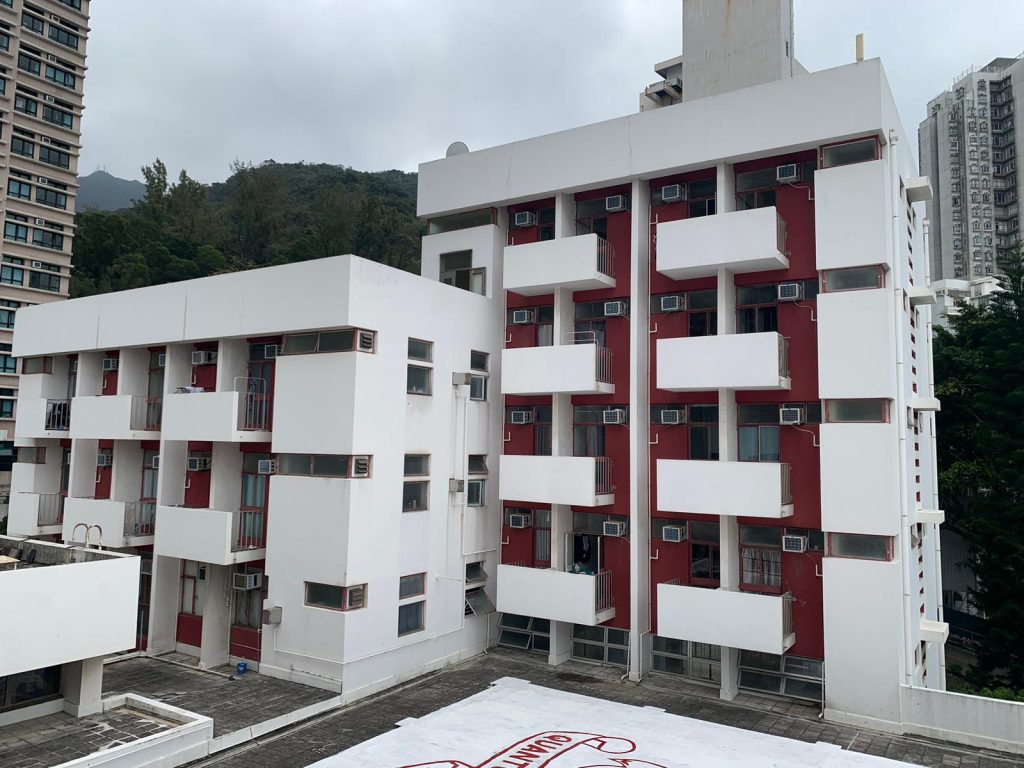A non-local’s guide to HKU local hall culture

by Jisu Bang
Fiery speech, loud and hearty chants, stringent seniority system, a-week-long orientation for first year students, excessive demands for hall activities contributions. These features of HKU hall life often seem to intimidate non-local students who “reside” in halls provided by HKU, but who don’t perhaps “live” in them. They also seem to intimidate parents and academic staff members, who struggle to understand why the students devote significant amounts of time to non-academic activities in halls – in rare cases, even by skipping lectures. Maybe it is about time to write about what is actually happening in those places.
This article will serve only as an introduction to HKU’s local hall culture, based on my three years of experience. While not all local hall students will agree with what I have to say, it should nevertheless hopefully help a non-local student, parent, or academic staff member with lack of knowledge of local hall culture.
When I first entered my current hall in 2019, I had trouble making new local friends. At that time, I thought it was their deep-rooted traditions that pushed international students like myself away – speaking in Cantonese among themselves, having their own ways of greeting each other, and using exclusive Kongish terms that only local hall students know. On reflection, though, I believe this is in fact a misconception of local students. I realized that they weren’t being deliberately unfriendly or unwelcoming. They were just struggling to speak to me because they didn’ think their English was good enough. So, if you are having trouble making new local friends in your halls of residence, here is my advice: go and strike up a conversation. They are probably just shy. And if you are a quick learner, you will be able to recognize and speak Hong Kong English very soon.
I was able to widen and strengthen my relationship with local hallmates from my second year in 2020, as the school loosened pandemic restrictions and allowed interhall sporting events to be held. I joined the softball team and have played for over two years. My participation in the team not only helped at my readmission interview – a session held by the hall’s Warden and its Student Committee at the end of every academic year that decides whether a current residential member may stay in the following year; it is often judged based on the student’s GPA, engagement in hall activities and events, and overall behavior. While my involvement in the sports team played a major role in extending my residential membership, it also helped me understand what it means for local students to eat and train together, represent their halls, and win against other residential dorms in various sports competitions. This experience has taught me a valuable lesson: the best way to understand another culture is to throw yourself into it.
Besides interhall sports competitions, there are other exclusive local hall traditions that can’t be seen elsewhere. The High Table Dinner, for instance, where all students from a hall get together in their formal dress, dine, and converse with each other. Some have their own Grand Halls within their dormitory building to organize the event; others do it at the Loke Yew Hall in the HKU Main Building. This monthly event gives non-local students, especially those on exchange, the opportunity to interact with local hallmates. My current hall also organizes social service events, once or twice a semester. Last December, students delivered hot soup to the elderly living near Kennedy Town.
Commitment in such hall activities and events creates strong bonds between hallmates, and this is the probable cause of why everyone is expected to muck in. It is true that one has to balance academic work and hall commitments. After all, all hall residents are HKU students – one cannot be the former without being the latter. But it is hasty and unfair to suggest that local students are exclusionary. Sports, the High Table Dinner, and community service events – all of them are great ways of joining in with life in local halls as long as you are able to maintain your academic performance.
So, here is my final message to those who consider themselves outsiders at their residential halls: there is nothing to fear. Joining in will make those two-to-four years of your HKU life far more enjoyable!
